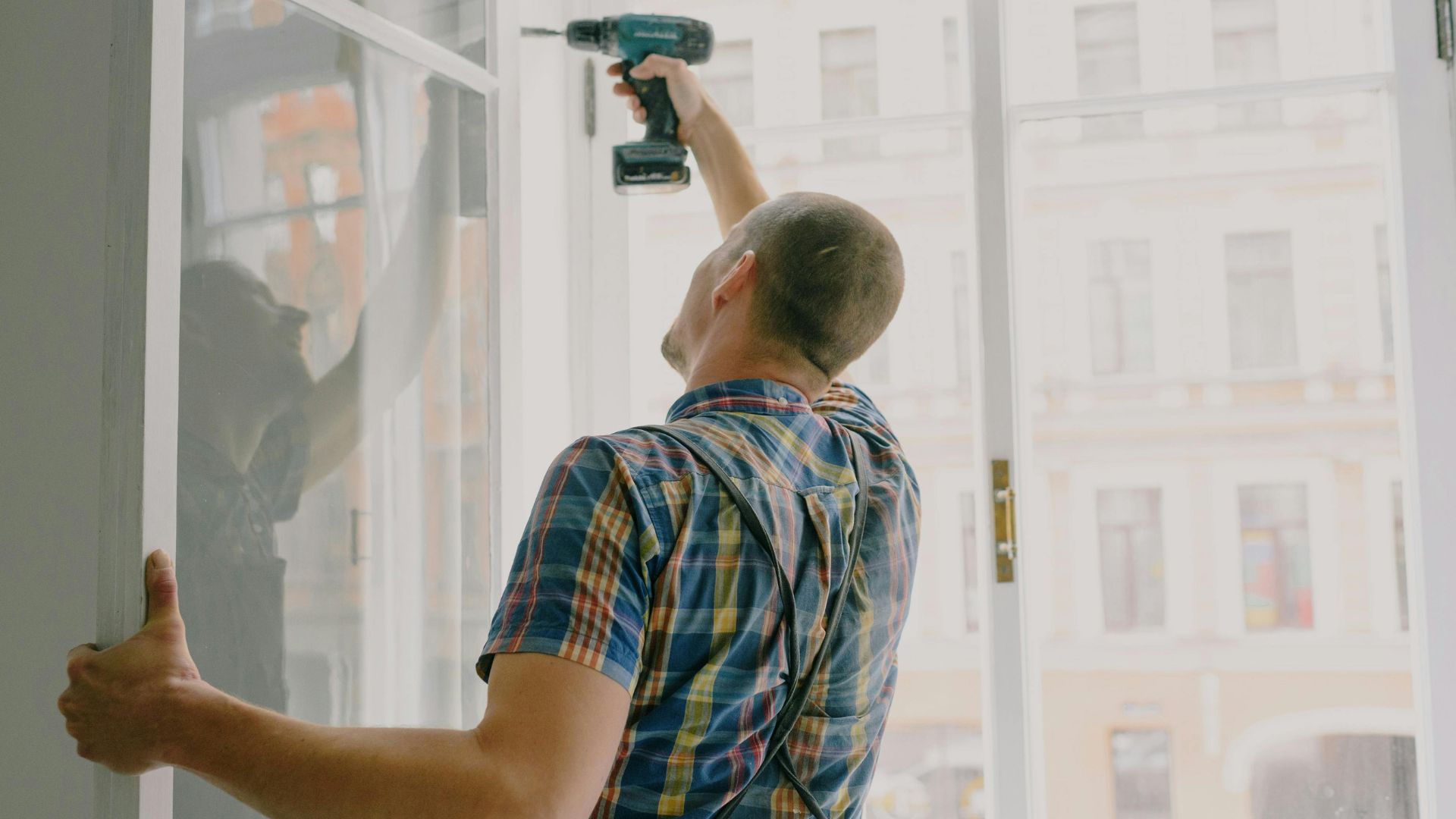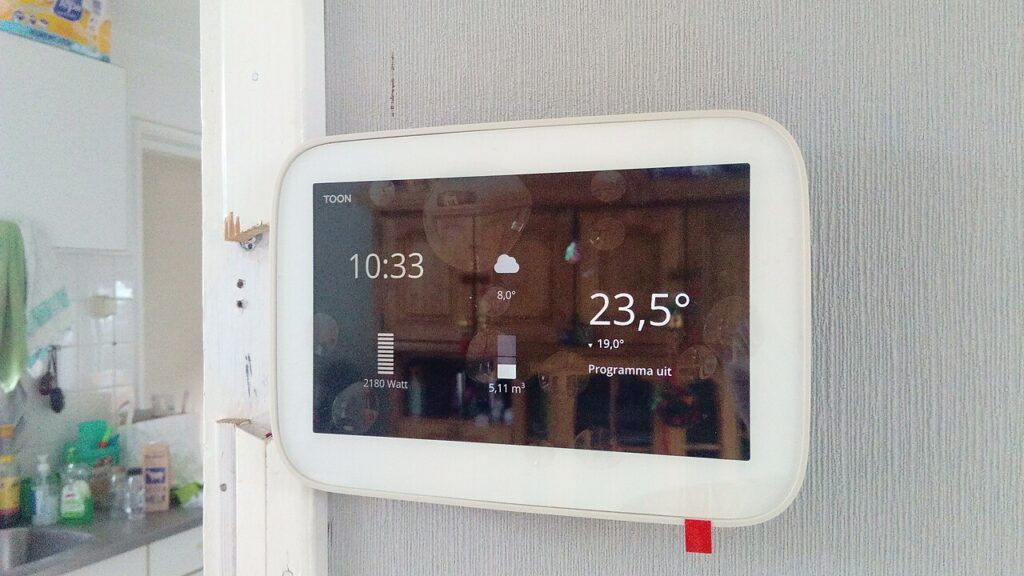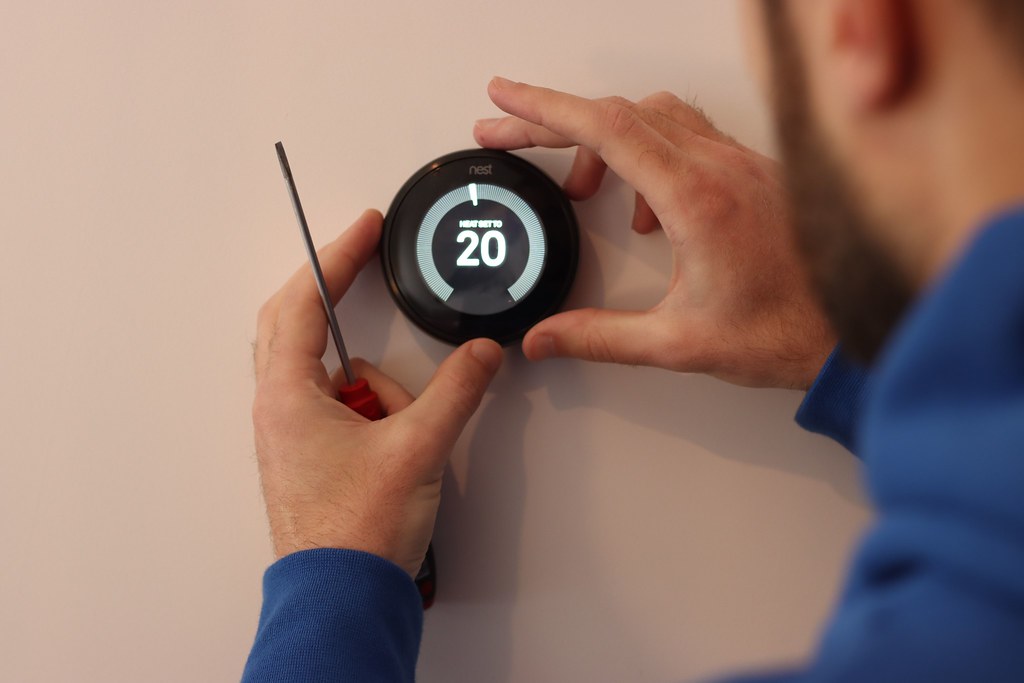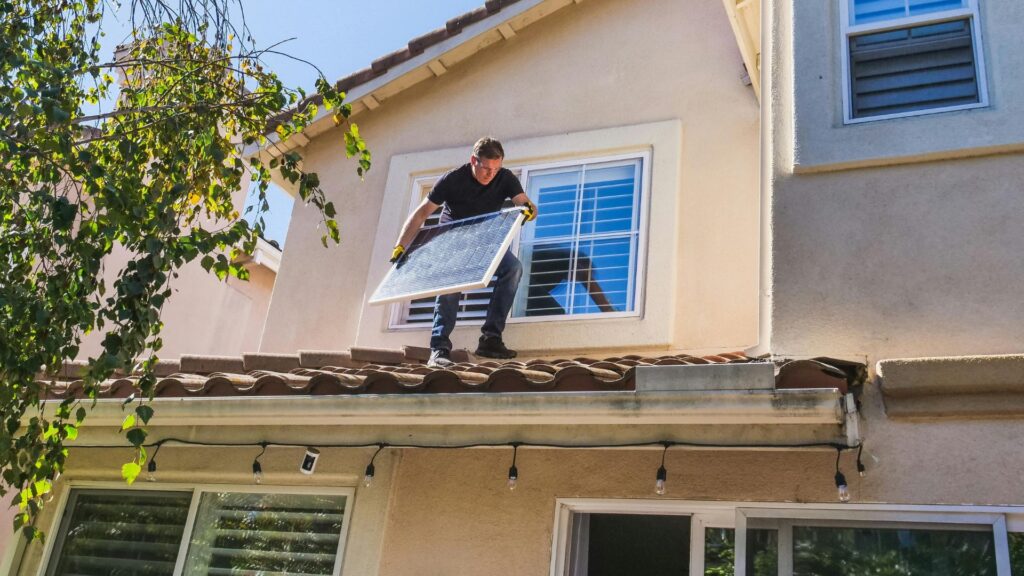It’s tempting to reach for the toolbox when something breaks at home. With so many online tutorials and how-to videos, fixing things yourself seems quicker, cheaper, and maybe even fun. But not all repairs are created equal, and sometimes, trying to save money can cost you more in the long run.
Knowing when to DIY and when to call a professional is about more than skill. It’s about safety, time, complexity, and risk. Here’s how to decide whether to roll up your sleeves or pick up the phone.
Know Your Limits
Some jobs are simple. Others are best left to experts. Swapping out a light switch or fixing a leaky faucet might be manageable for a confident homeowner. But electrical rewiring or structural work? That’s where things get tricky—and potentially dangerous.
Start by asking yourself a few honest questions. Have you done this type of project before? Do you fully understand the tools and materials involved? If you make a mistake, how serious could the consequences be? If the answers leave you unsure, it’s time to consider a pro.
Consider Safety Risks
When it comes to home repairs, safety always comes first. Anything involving electricity, gas, load-bearing walls, or roofing carries significant risk. A poorly wired outlet can cause a fire. Messing with plumbing could lead to major leaks or water damage. Working on a ladder or roof can lead to falls.
Professionals carry insurance and know the safety standards for their trade. If something goes wrong, they’re equipped to fix it. If you’re not confident you can do the job safely, it’s worth paying someone who can.
Evaluate the Cost of Mistakes
DIY projects seem like money savers—until they go wrong. One misstep can mean calling in a contractor anyway, often at a higher price to fix the original issue and undo the damage. Worse, it might void warranties or insurance policies.
Ask yourself what it would cost to make a mistake. If it’s just a few extra dollars or a couple of hours, it might be worth the risk. But if the mistake could flood your kitchen or knock out the power, think twice.
Do You Have the Time?
Even simple projects can take longer than expected. That shelf you planned to hang in an hour? It might turn into a whole afternoon. Add in trips to the hardware store and time spent researching, and your “quick fix” eats up an entire weekend.
Hiring a professional might cost more upfront, but they’re faster and more efficient. If your time is limited or your project has a deadline—like preparing your home for a sale—it may be smarter to outsource.
Factor in Tools and Materials
Some repairs require more than a screwdriver and elbow grease. Specialty tools can be expensive, and learning how to use them takes time. If you’re unlikely to use that tile saw or pipe wrench again, renting or buying it may not be worth the trouble.
Professionals already have the right gear. And they often get better pricing on materials, which can help offset the labor costs.
Think About Permits and Codes
Some home repairs require permits or inspections to make sure they meet local building codes. This is especially true for electrical, plumbing, and structural work. Skipping this step can result in fines or trouble selling your home down the road.
Licensed contractors understand code requirements and can handle the paperwork for you. That alone can save time, stress, and possible legal trouble.
When DIY Makes Sense
There are plenty of projects where DIY is a great choice. Painting walls, installing shelves, re-caulking a tub, replacing door hardware, or patching drywall are all beginner-friendly. They’re low-risk, require basic tools, and leave room for small mistakes.
DIY is also rewarding. It builds confidence, saves money, and gives you a real sense of ownership over your space. If you’re careful, patient, and willing to learn, it can become a valuable part of your homeowner toolkit.
When to Call a Pro
If the job involves safety risks, major repairs, hidden damage, or technical systems like HVAC or wiring, it’s usually best to hire someone. It’s also wise to call a pro if you’re selling your home soon. Buyers will look for quality work, and poor DIY jobs can raise red flags.
Ask for recommendations, check licenses and reviews, and get multiple quotes. A reputable contractor will give you a clear estimate, timeline, and scope of work before starting.
There’s no shame in asking for help. Some of the smartest homeowners know exactly when to put down the wrench and call someone who does this for a living. Other times, grabbing a brush or drill and handling it yourself can save money and give you a project to be proud of.
The key is knowing the difference. Start small, be honest about your skills, and don’t be afraid to ask questions. Whether you DIY or hire a pro, the goal is the same—a safe, functional, well-maintained home.



